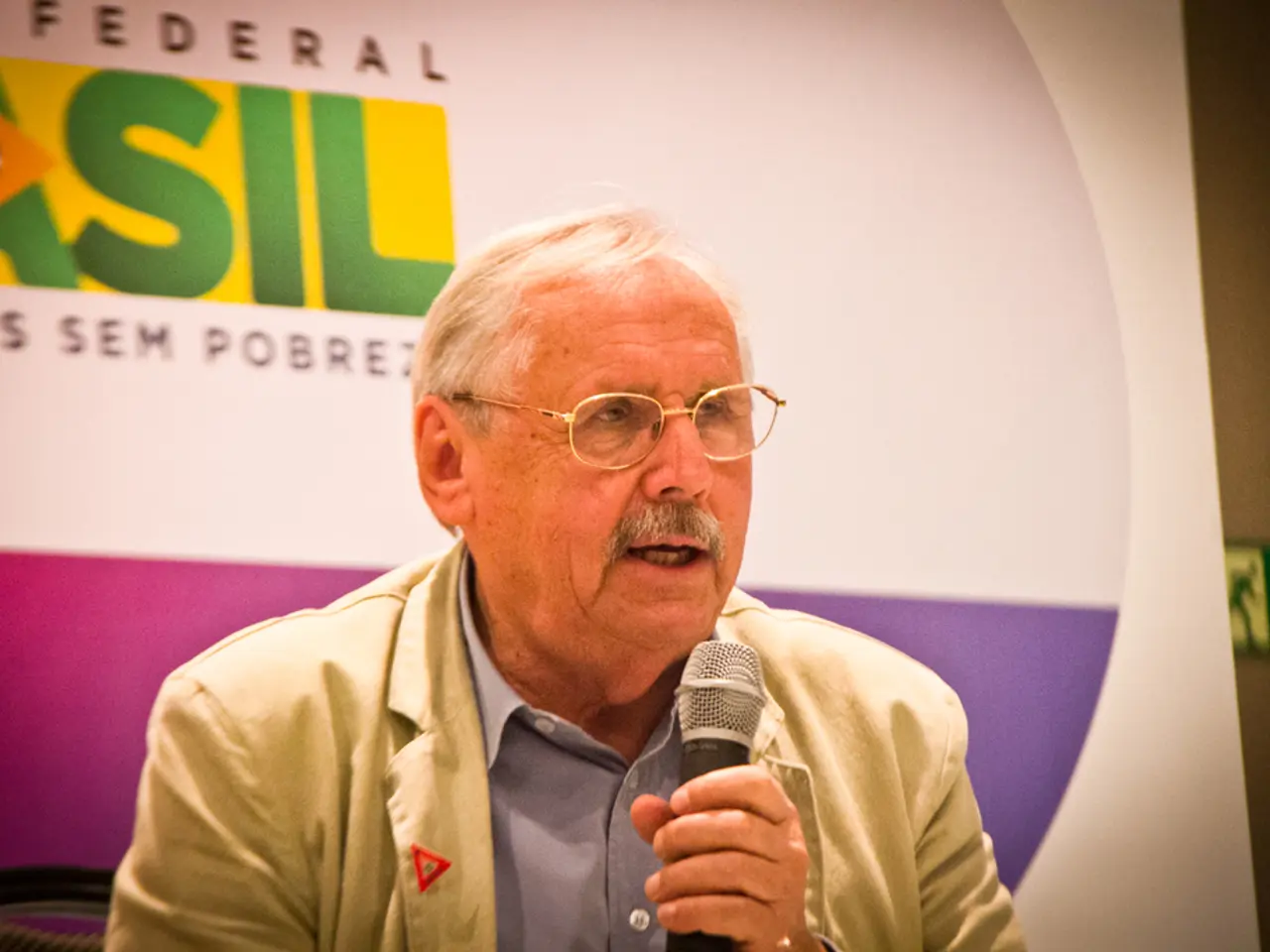Nurturing Creativity: Overcoming the Gap Between Ideas and Reality
Addressing the Equity Deficit in Britain's Thriving Creative Sector
Amidst the thriving growth of the creative industries in the UK, there's an alarming paradox: a funding challenge that could hamper this development and expansion. Professor Nick Wilson sheds light on this concerning issue, highlighting a significant shortfall in the provision of patient capital - equity finance - that poses a threat to the vibrant progress of the creative sector.
Equity investment plays a pivotal role in transforming start-ups into large-scale businesses and is typically associated with high-technology and knowledge-intensive ventures. However, founders of potential high-growth businesses often find the equity finance market lacking, as they either lack familiarity with this type of investment, are reluctant to dilute their shareholding, or keep their innovative ideas under wraps.
The creative sector, contributing over £115 billion annually to the economy and supporting 2.3 million jobs, is likely undercapitalized. While the "creative economy" is frequently praised, young firms find it challenging to gain entry into the equity markets necessary for scale. Creative enterprises often struggle to translate intangible assets like ideas, brands, and cultural value into the venture capital calculus, presenting a knowledge gap between investors and creative businesses.
Analysing the population of UK private companies, a significant shortfall in funding - the 'equity gap' - has been estimated at around £3.1 billion in potential unmet demand. Over the past decade (2013-2023), there have been over 13,000 equity finance deals amounting to over £23bn, with the IT, software, and computer services, Film and TV, Music and performing arts sub-sectors attracting over 75% of the total investment.
This issue is not unique to the creative sector. Overall, for all knowledge-intensive and high-technology sectors, a potential shortfall of some £10bn to £17bn in each year from 2017 to 2023 has been estimated, with the gap widening. Geographical disparities also exist, with the Midlands and Yorkshire and Humberside having the largest gap between demand and supply.
To address this issue, further research and policy adjustments are needed to facilitate increased equity investment and eradicate regional disparities. This might include gradual deregulation, expedited devolution and regional support, and coordinating public funding with private investment.
References:Bakhshi, H., Siepel J., Carmona, L. and Tarr, A. (2025) Unleashing Creativity: Fixing the finance gap in the creative industries, Creative Industries Policy and Evidence Centre
Wilson, N., & Kacer, M. (2025). "Equity Finance for Innovative Growing Businesses: Trends, Equity Gaps and the Creative Industries" forthcoming available on SSRN.
Wilson, N., & Kacer, M. (2024). Equity Finance for Start-up and Growing Businesses: Recent Trends. doi: 10.2139/ssrn.4657150
Wilson, N., Wright, M., & Kacer, M. (2019). Equity Finance and the UK Regions Understanding Regional Variations in the Supply and Demand of Equity and Growth Finance for Business. https://assets.publishing.service.gov.uk/government/uploads/system/uploads/attachment_data/file/821902/sme-equity-finance-regions-research-2019-012.pdf
Wilson, N., Kacer, M., & Wright, M. (2018). Understanding Regional Variations in Equity and Growth Finance: An Analysis of the Demand and Supply of Equity Finance in the UK Regions. doi: 10.2139/ssrn.3252346
Wilson, N., Wright, M., & Kacer, M. (2018). The Equity Gap and Knowledge-based Firms. Journal of Corporate Finance, 50, 626-649. doi: 10.1016/j.jcorpfin.2017.12.008
Professor Nick Wilson is a leading expert on equity finance and regional disparities in the UK. His research has been instrumental in shedding light on the equity gap and its implications for the creative industries.
- The equitable funding of Britain's booming creative sector is a critical concern, as evidenced by Professor Nick Wilson's research on the 'equity gap', which poses a threat to the sector's growth.
- Analyses show that the creative sector, contributing £115 billion annually to the British economy, may be undercapitalized due to challenges in gaining entry into equity markets.
- Creative enterprises often struggle to translate intangible assets, like ideas, brands, and cultural value, into the venture capital calculus, creating a knowledge gap between investors and creative businesses.
- This funding shortfall is not exclusive to the creative sector; knowledge-intensive and high-technology sectors across the UK face a potential shortfall of £10bn to £17bn annually from 2017 to 2023.
- To address this issue, further research and policy adjustments are urged, such as gradual deregulation, expedited devolution and regional support, and coordinating public funding with private investment.
- Addressing the equity gap can lead to increased innovation and development in creative industries, fostering economic growth and creating jobs within the sector.
- Various research papers by Professor Nick Wilson, such as 'Equity Finance and the UK Regions' and 'The Equity Gap and Knowledge-based Firms', have provided valuable insights into understanding the equity gap and its potential solutions.




